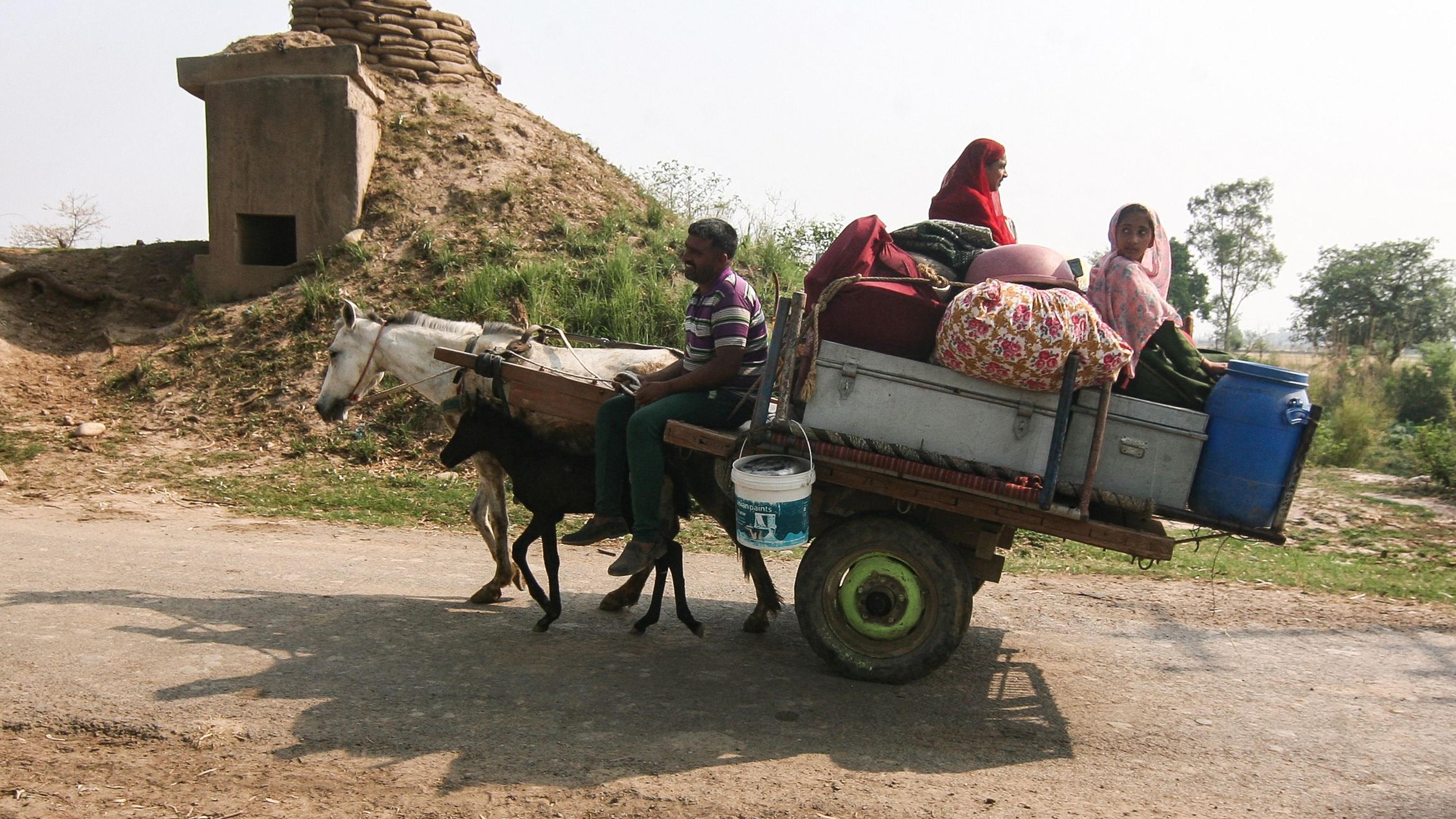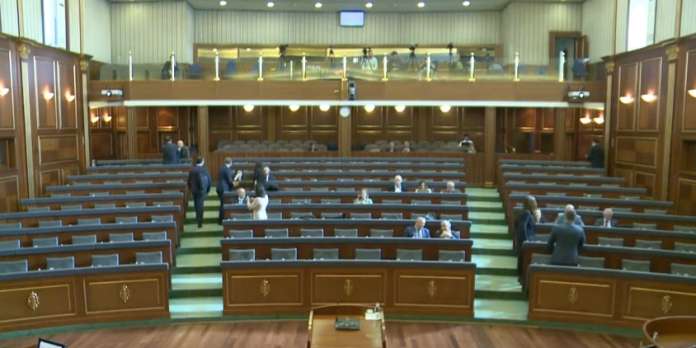Escalation after days of tension: killing in Pakistan after air strikes through India
/s3/static.nrc.nl/wp-content/uploads/2025/05/07043411/Pakistan-India_67697040.jpg)
In a series of air strikes from India on Pakistani territory, at least eight people died on Wednesday night (Indian time), including a child. The Indian Ministry of Defense states that ‘Operation Sindoor’ rockets were fired on nine targets, in Kashmir and the Province of Punjab. From photos that came out on Wednesday morning it is clear that mosques were also touched. New Delhi calls the targets « infrastructure used by militants ».
The attacks follow two weeks of high tensions between the hostile neighboring countries, after a fatal attack in the part of Kashmir, controlled by India, the state of Jammu and Kashmir. On April 22, 26 people were killed in the city of Pahalgam, loved by tourists. The attack was the heaviest that took place in almost twenty years on Indian territory and where so many civilian deaths fell.
India holds Pakistan responsible for financially supporting and accommodating terrorists. Islamabad denies being involved in the attack of April 22. The two countries have punished each other back and forth since. In the meantime, diplomatic relationships have been reduced, trade and transport across the border and India is having to cancel the Visa of all Pakistanen living in the country.
On the eve of Operation ‘Sindoor’, Indian Prime Minister Narendra Modi announced that Delhi suspends the Indus water sharing treaty: « Earlier the water of India flowed out, now it will go through India. » Islamabad mentioned the one -sided suspension, so Pakistan is devoid of water from the River Indus and tributaries who uses it for agricultural irrigation and hydroelectric power stations, earlier a ‘act of war’.
In the past few days, both parties also repeatedly violated the cease-fire along the Line of Control-the de facto limit that is maintained between the two countries in Kashmir. After the first Kashmir war in 1948, the front was held by the Jammu and Kashmir region as a file line (now referred to as locomotive). Both countries are still claiming the entire area – China controls the third, most eastern part – and refer to the region as « occupied » by the other state.
For Indian Prime Minister Narendra Modi, Jammu and Kashmir also form an important touchstone in his political agenda: he wants a more homogeneous, Hindu state. His government deprived Kashmir, where the majority of the population is Muslim, the special status of limited autonomy and also had Non-Kashmiri Real Estate and Land buy. That was seen as a way to change the demography of the locals. Kashmir is considered very militarized. The April attack was also politically a blow to the government of Modi, which is in favor of the harsh approach of terror in the country.
Escalation
It therefore seemed inevitable that India would come to the attack with a hard reaction. In the first statement about the military action, the Indian armed forces mentioned that « non-escalarizing »-which will undoubtedly not be seen by Pakistan.
Pakistani Prime Minister Shehbaz Sharif immediately announced retaliation on Wednesday night. The Pakistani military spokesperson Lieutenant General Ahmed Sharif Chaudhry said that at least two Indian combat aircraft had been shot-something that was not verified through other sources. According to the Indian army, three citizens were killed later in the morning (Indian time) in Kashmir controlled by India, by shelling by Pakistan troops across the locomotive.
In recent days, analysts regularly referred to the developments of 2019; The last time it came to military actions between the South Asian enemy states. The Indian Response is already a lot « escalated further than was the case at the time, » says Michael Kugelman, a well -known analyst and director of the South Asia Institute of the Wilson Center in Washington, DC.
In Islamabad and the Pakistani national media, the mood is « aggressive, » a citizen tells NRC. Rescuers and hospitals are in ‘high condition of readiness’, schools and some universities will remain closed on Wednesday. The same applies to several Pakistani airports.
Earlier this week, the Indian Ministry of the Interior announced that on Wednesday throughout the country Drills- practicing sirens, blackouts and emergency communication- and exercises of auxiliary troops and volunteers will take place to prepare citizens for a disaster or war scenario. That intention now seems even more topical than it was in the context of the rising tensions.
UN Secretary General António Guterres states that he is « very worried » about developments; Pakistani Prime Minister Sharif has requested a meeting of the UN Security Council. The Indian government had early contact with the American Minister of Foreign Affairs Marco Rubio on Wednesday morning.

:format(webp)/s3/static.nrc.nl/wp-content/uploads/2025/05/02103258/data131580573-e9bfd0.jpg)
/s3/static.nrc.nl/images/gn4/stripped/data131844191-7781f3.jpg)
/s3/static.nrc.nl/images/gn4/stripped/data131498122-c2b870.jpg)



